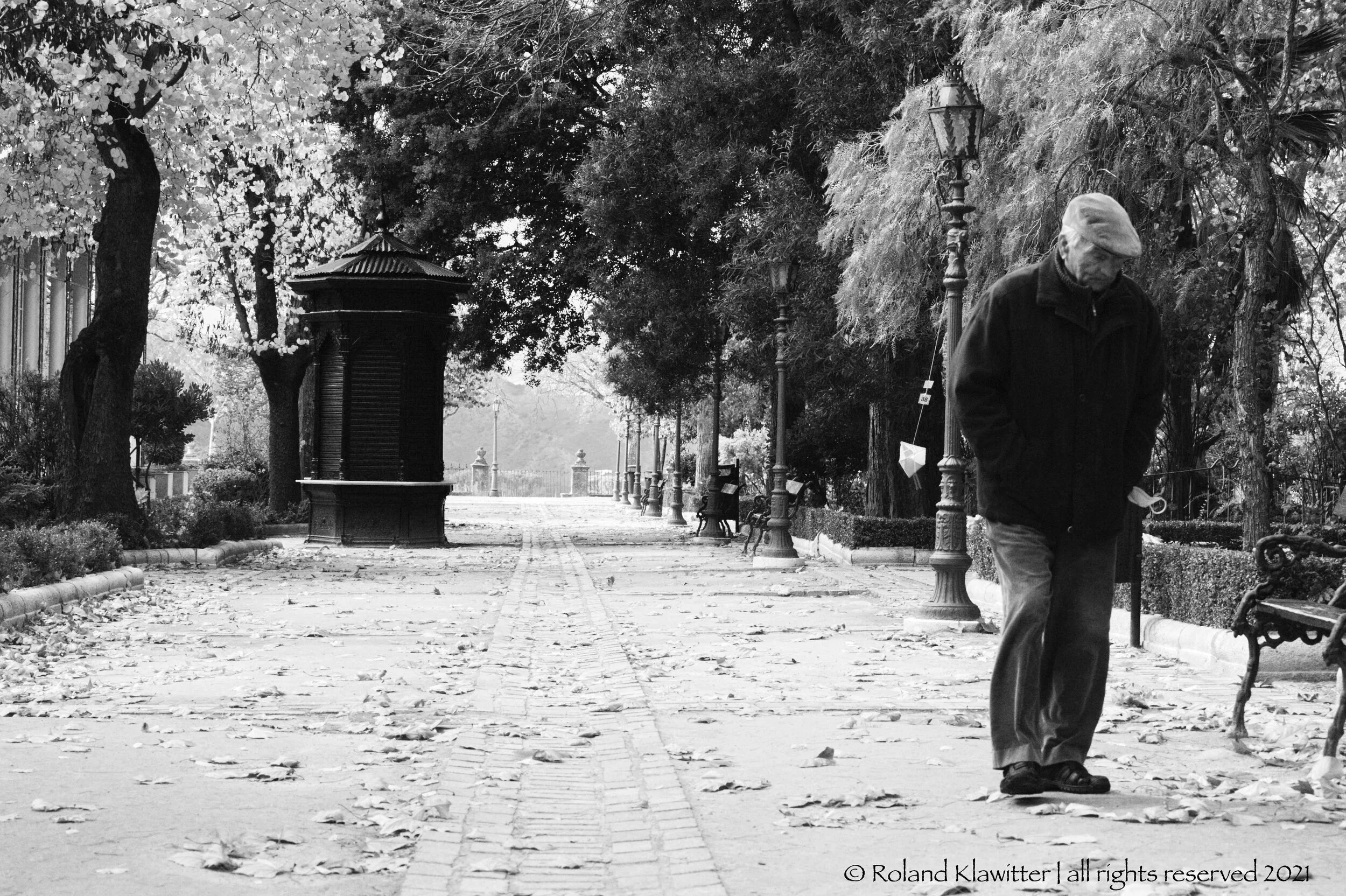
Brief history of Malaka (Málaga)
The beautiful city of Malaga was founded by the ancient Phoenicians with the name of MALAKA around VIII BC. Malaka means Goddess or Queen. Both names are very intriguing but also very highly regarded and respected, since in those days everybody needed someone or something to believe in and to guide them. When I talk about the Phoenicians I always remember reading those books, where they where described as traders rather than invaders, bringing their culture, ceramics and knowhow to Malaka and vice-versa. They where without doubt one of the best sailers around the world , having developed a high technique in sailing. Unfortunately, we do not have as many vestiges as we wanted, but the few we discovered in the old town can give us enough information to more or less understand their way of life and culture.
Around V BC we had a the invasion of the Carthaginians which had their capital in Cartago, originally they were colonies of the Phoenicians but ended up being their enemies. Malaga doesn’t remember general Hannibal coming through Malaka with the elephants to go and attack the city of Sagunto (218 BC) to fight in the 2nd Punic War against the Roman Empire.
Between the years 206 BC and 408 AD the Romans converted Malaga in one of the most important cities in the old Hispania Ulterior. elevating the city up to a Confederate State of Rome ( Lex Flavia Malacitana), which means it had more independence of Rome than other cities here in Spain. Perhaps the well known Roman Theatre (I AD) is one of the most emblematic sites in Malaga.
Vandals & Vicigotic periods are considered to be an era of destruction and of reconstruction rather than embellishment. The last King Roderick, killed in the battle of Guadalete in 711, left a free way for the
Muslim invasion. The arab & moorish domination lasted about 776 years in Malaga until the Reconquista in 1487. The best preserved remains in Malaga belong to that splendorous period, such as the Alcazaba, the Castle of Gibralfaro… I also have to mention that Malaga port was already one of the most important ports in AL-ANDALUS. The bridge with Africa and Middle East was tremendous, exporting Figs, Olive Oil, Wheat, Ceramics etc. Once Malaga was reconquered after a long besiege by the Catholic Kings the downfall of Granada and its Kingdom was eminent . In 1492, the last moorish King Boabdil surrendered Granada and little by little, the south-eastern part of Spain got populated with christians from all over Spain.
During the XIX Malaga became a leading and modern city, highly industrialised thanks to the strategic port, producing led, iron, wine, olive oil, electricity etc. Unluckily an insect coming from America, the Phylloxera, started to kill all vineyards, not only here in Malaga but all over Europe and the collateral damage was such, that the entire industry in Malaga was forced to shut down by the end of the XIX.
1936 -1939, the Civil War of Spain brought a lot of poverty and calamities to Malaga, a total self destruction which lasted for some decades until the arrival of the highly awaited Tourism.
We can admit that our singular latitude, with a mediterranean climate, beautiful beaches, legendary gastronomy and marvellous history makes Malaga one of the most popular and attractive European destination.
- by Roland Klawitter
